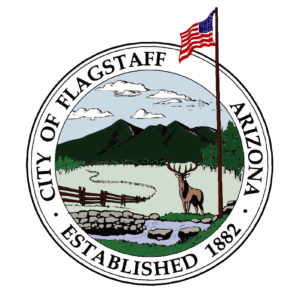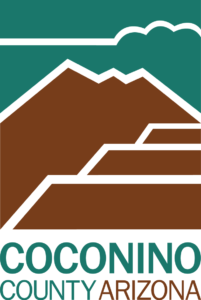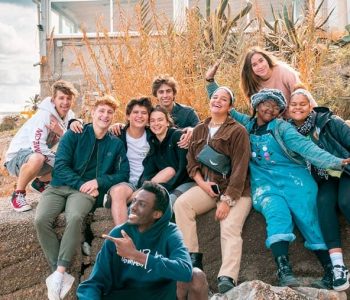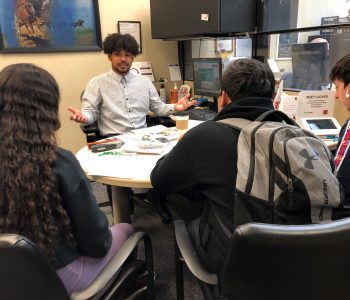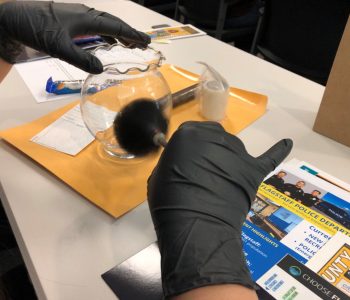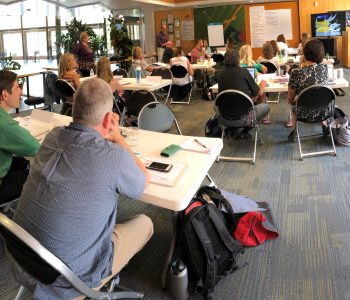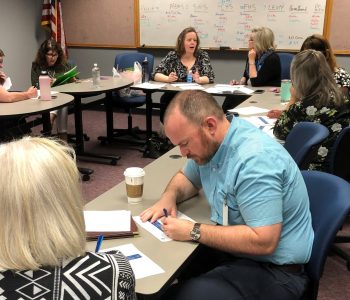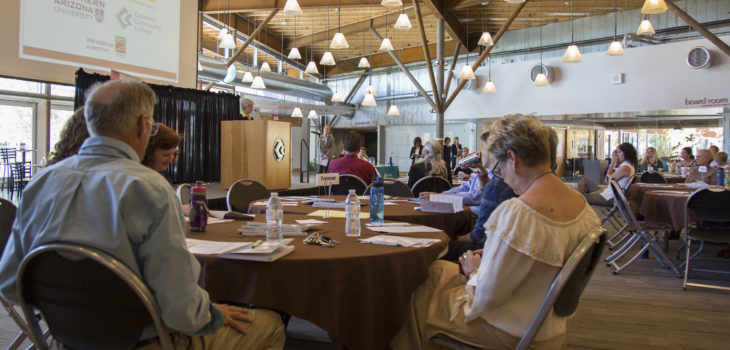 LAUNCH Flagstaff News
LAUNCH Flagstaff News
Flagstaff’s Recommendations for preK-12 Education
Flagstaff’s Recommendations for preK-12 Education
FLAGSTAFF (October 1, 2017)
Nearly one hundred Flagstaff community members engaged in thoughtful discussion about funding preK – 12 education in Arizona for four hours on October 1, 2017 at the Coconino Community College Lone Tree Campus. Students, educators, parents, government officials, business leaders, and other concerned citizens crafted a five-page report with their recommendations for improving the funding of our educational system.
Download and read the entire report here.
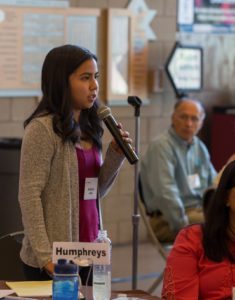 The report describes the desired educational system to be one that is nimble and “helps to build a vibrant community”. A goal for Arizona’s pre-K-12 education system should be to address the needs of the “whole child” and maximize their potential not only K-12, but from ages zero through five, “by creating quality education that is flexible and meets their unique needs, while ensuring that it serves the needs of ALL students”.
The report describes the desired educational system to be one that is nimble and “helps to build a vibrant community”. A goal for Arizona’s pre-K-12 education system should be to address the needs of the “whole child” and maximize their potential not only K-12, but from ages zero through five, “by creating quality education that is flexible and meets their unique needs, while ensuring that it serves the needs of ALL students”.
“Our preK-12 system should offer incentives to teaching, including higher salaries, to keep and attract the best possible professionals in our schools”. The report goes on to state the recommendation to “raise teacher pay to a level that makes it an attractive and respected profession, and which addresses stress, class sizes, and keeps young teachers in the classroom”.
 But this will take funding, so the report recommends that “Arizona must identify and secure the resources required to be successful”. Specifically a recommendation is to “replace Proposition 301 with new stable funding sources that raise the investment to a level necessary to achieve our goals”. Additionally, participants recommend evaluating the system of tax credits and legislated voucher programs to see if the outcomes of these strategies are consistent with other preK-12 funding goals.
But this will take funding, so the report recommends that “Arizona must identify and secure the resources required to be successful”. Specifically a recommendation is to “replace Proposition 301 with new stable funding sources that raise the investment to a level necessary to achieve our goals”. Additionally, participants recommend evaluating the system of tax credits and legislated voucher programs to see if the outcomes of these strategies are consistent with other preK-12 funding goals.
When it comes to the funding formula for how the state allocates money for each school, the conclusion of the Flagstaff Community Town Hall is that it is “too complex and creates confusion” while leading to inequities across the state particularly in rural and tribal schools. “It also is not meeting all of the State’s needs for early childhood education,” the report states. Recommendations around the use of public funds emphasize greater flexibility by local schools to spend funds as their needs require, rather than complying with unfunded mandates and meeting criteria based solely on test scores.
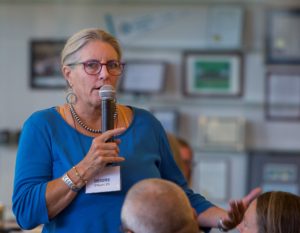 “Ultimately”, the report recommends “we would benefit most from a clear definition of how much it costs to accomplish the goals we described above, and then find a fair and sustainable system of funding that citizens can understand and support”.
“Ultimately”, the report recommends “we would benefit most from a clear definition of how much it costs to accomplish the goals we described above, and then find a fair and sustainable system of funding that citizens can understand and support”.
The report calls on businesses and community members to become directly engaged “in the classroom, through student internships, apprenticeships and new sponsorships” in support of education. The report also recognizes that we don’t have to solve this problem on our own, by recommending that “we should look at best practices in other states” for ideas and solutions.
 The Flagstaff Community Town Hall Report will be used at the statewide 110th Arizona Town Hall on the same subject along with other community reports to help information the conversation there. The statewide Town Hall will be held in Mesa, Arizona from November 12th – 15th. Several participants from the Flagstaff Community Town Hall will be in attendance there to help represent our recommendations.
The Flagstaff Community Town Hall Report will be used at the statewide 110th Arizona Town Hall on the same subject along with other community reports to help information the conversation there. The statewide Town Hall will be held in Mesa, Arizona from November 12th – 15th. Several participants from the Flagstaff Community Town Hall will be in attendance there to help represent our recommendations.

Funding preK-12 Education Key Facts
110th Arizona Town Hall Background Report
(Photos: Larry Hendricks, CCC)
Thank you to the sponsors of the Flagstaff Community Town Hall:

